Here Are 5 Major Causes of Water Pollution
Published May 26 2022, 4:40 p.m. ET
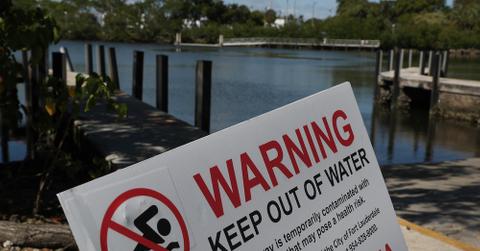
Keep Out of Water in Fort Lauderdale, Florida
There are so many different kinds of pollution that can take place because of all kinds of circumstances. Water pollution is especially dangerous because of how necessary clean water is to people, animals, and plants every day. Unfortunately, there are a number of factors that can contaminate water that we all should be aware of.
Here are five of the major causes of water pollution.
Runoff
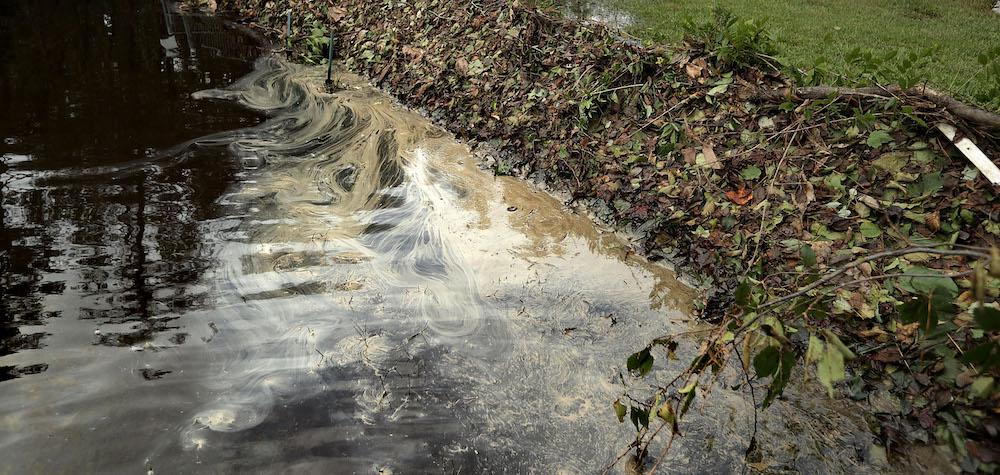
According to Environmental Solution Centers, agriculture runoff contains chemicals like fertilizers, pesticides, insecticides, and herbicides. When these things make their way into the water supplies, algae can begin to grow and that's a sign of increased nitrates and phosphates. These can be harmful to our health.
In addition, Environmental Solution Centers mentions stormwater runoff, because that specifically can contain oil and other petroleum products.
Oil spills
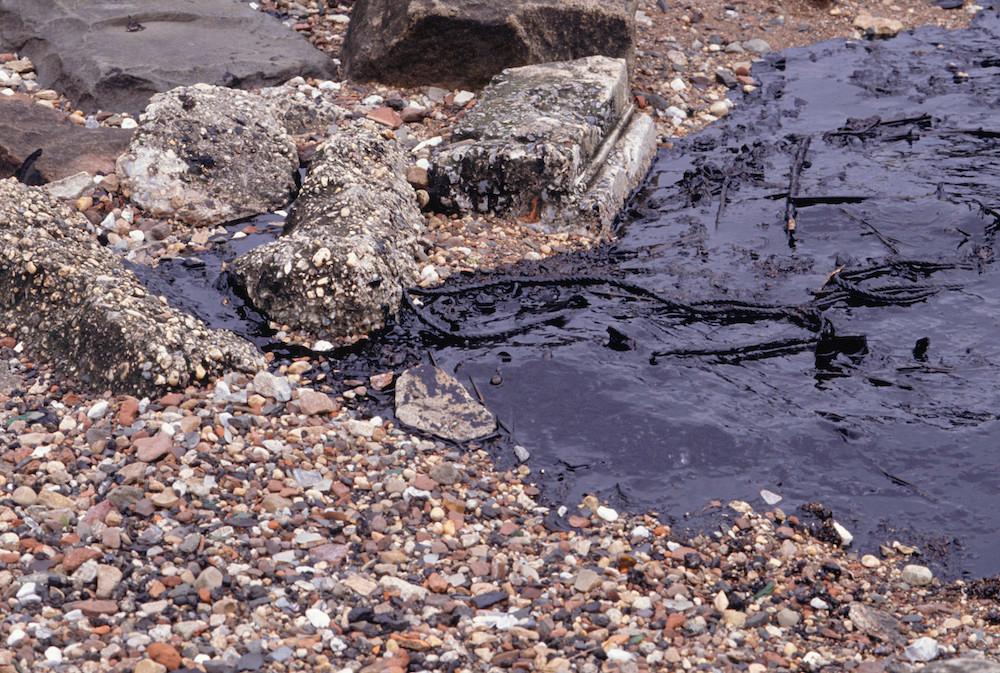
Of course, oil spills can damage water supplies, which makes water undrinkable not only for people but for the plant and animal life in the area, too. And unfortunately, it doesn't take a lot of oil to do so. According to Safe Water, it only takes 5 liters of oil to contaminate 3.8 liters of fresh water.
Unfortunately, oil can take years, even decades, to break down in the water after a spill. This means that animals can be living in it for decades. They can mistake it for food and eat it so eventually, this oil makes its way up the food chain and even on our plates.
Landfills
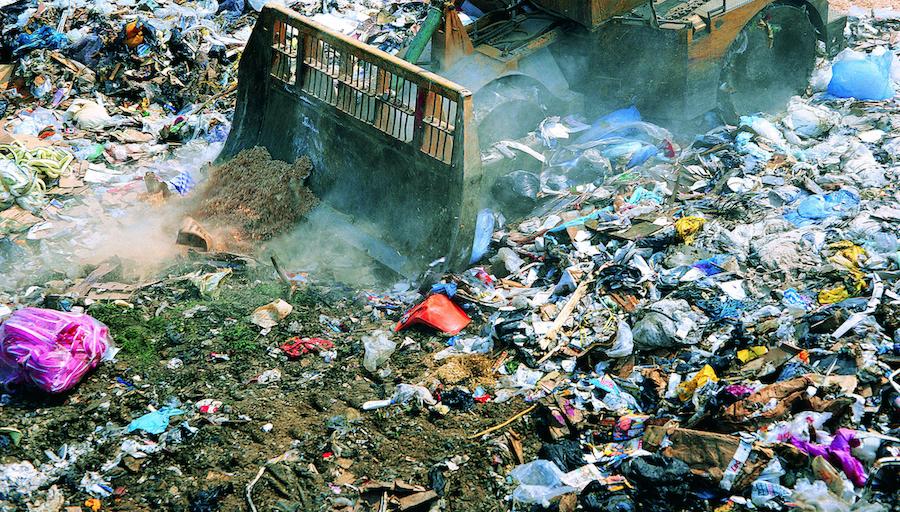
According to Sciencing, landfills can contaminate water supplies in multiple ways. Direct leachate contamination is the most serious way this happens because leachate contains lots of heavy metals including lead and volatile organic compounds. The Mayo Clinic states that lead poisoning can damage the kidneys and nervous system, cause issues with brain development, cause seizures, and even lead to death.
Luckily, modern landfills typically have leachate treatment systems and thick barriers to avoid this kind of contamination. But this isn't the only danger to look out for. Landfills are typically located far away from residential areas so trash needs to be transported in trucks long distances. If the trucks leak, all that waste can find its way into surface water.
Animal farming
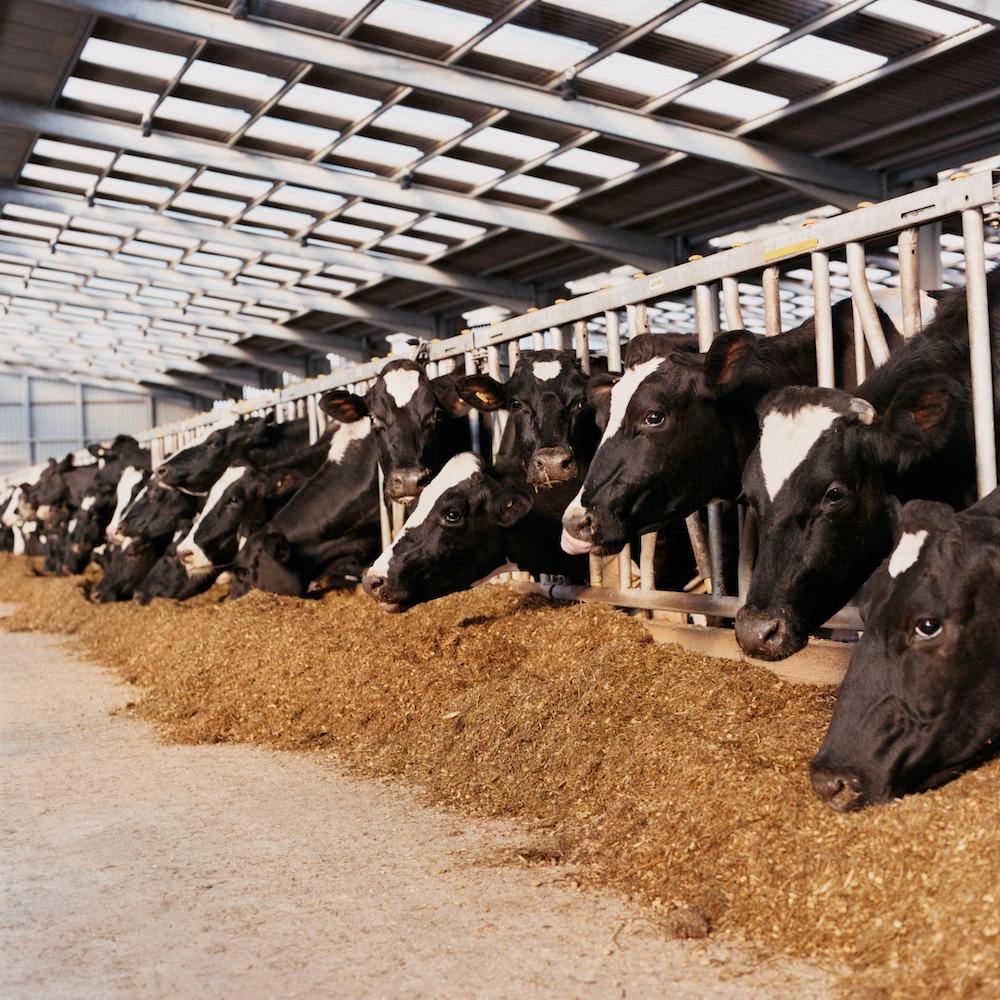
In the documentary The End of Medicine (As We Know It), we learn that factory farmed animals are confined in unsafe conditions where disease can spread quickly and animals can easily get hurt. The CDC points out that these concentrated animal feeding operations (CAFOs) carry animal waste with them into the soil and groundwater.
By itself, animal waste is unsafe because it can contain things like E. coli, hormones, antibiotics, heavy metals like zinc and copper, and more. So when the waste is washed away by flooding, it can find its way into water supplies.
Lack of access to toilets
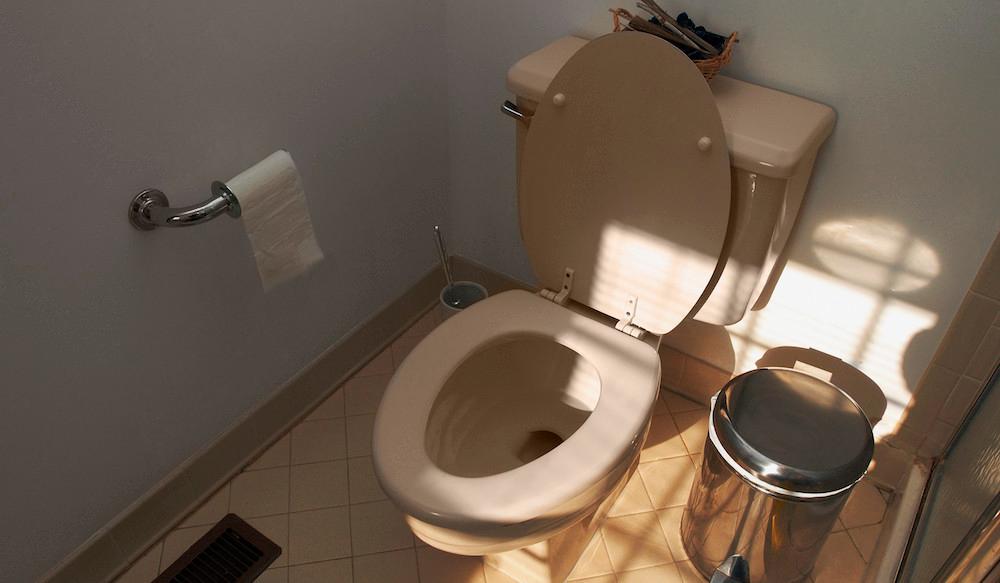
According to Who Gives a Crap, a sustainable toilet paper brand, billions of people worldwide don't have access to a safe place to use the bathroom, and polluted water contributes to over a million deaths annually. The more people who lack access to safe sanitation, the more human waste contaminates their local drinking water, making many people sick.